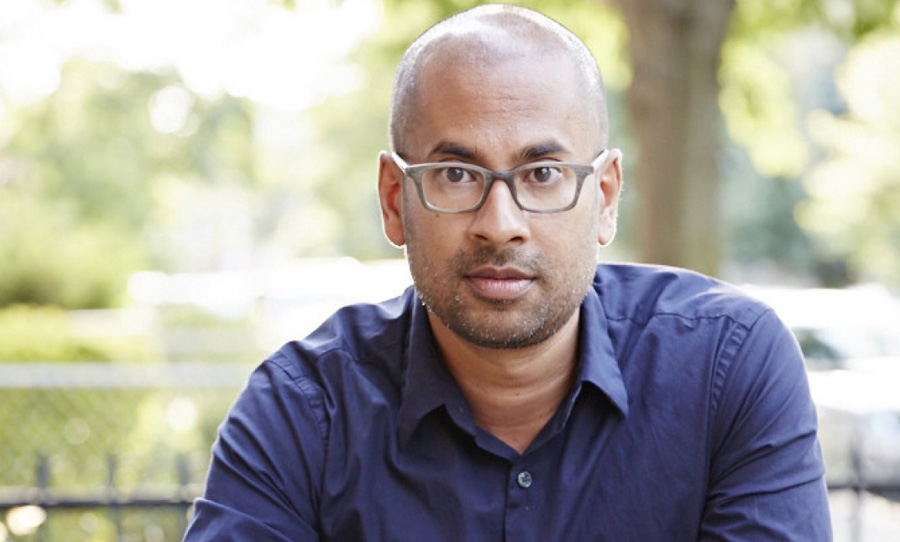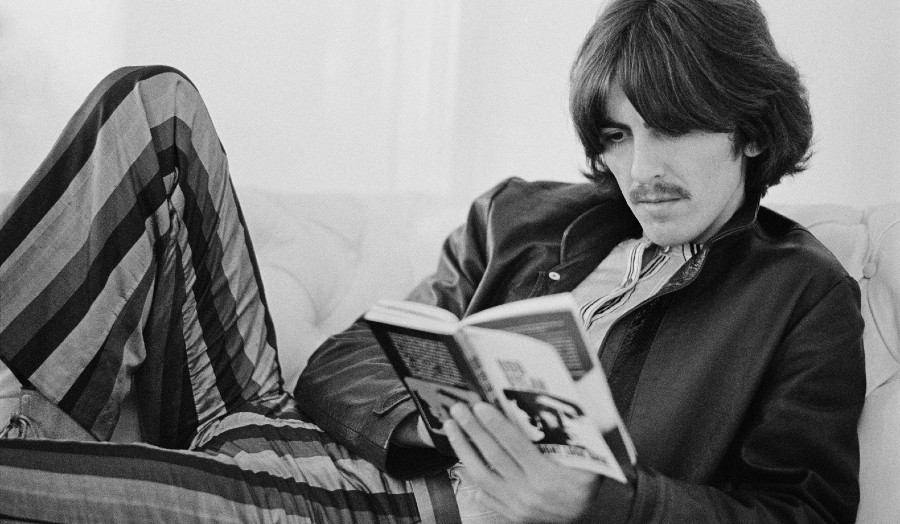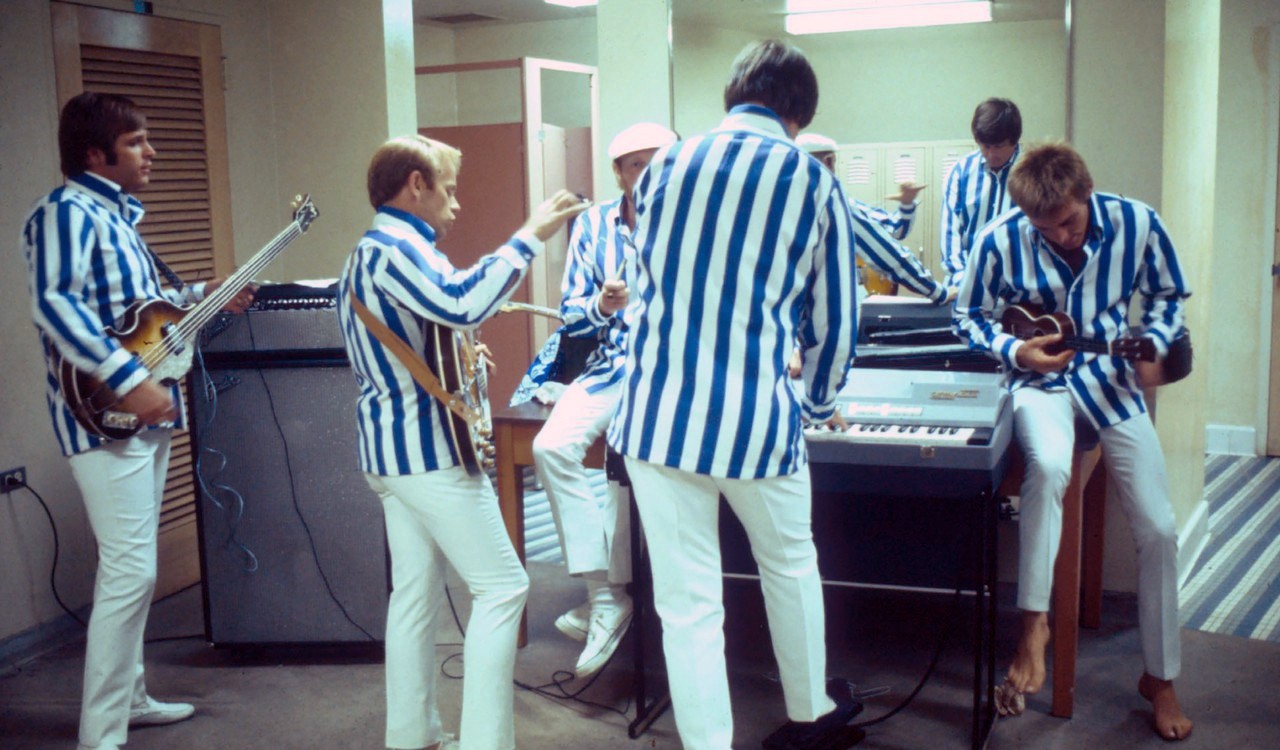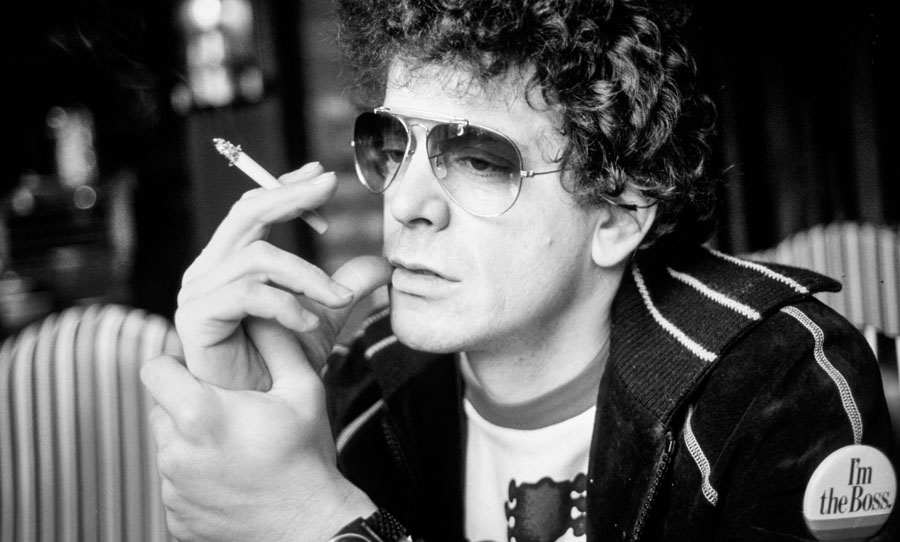A brilliant dissection of race and class, Rumaan Alam’s Leave the World Behind shows us that cleverness could ultimately lead us to our undoing.
Rumaan Alam has made a career from sharp, poignant observations on suburban white privilege in novels like That Kind of Mother and Rich and Pretty. In his new novel, Leave the World Behind (Bloomsbury), he broaches the subject with the sensibility of a thriller.
It’s no surprise that the book’s rights have been snapped up by Netflix, to be adapted and directed by Emmy-winning Mr. Robot creator Sam Esmail, with a cast led by heavyweights Mahershala Ali and Julia Roberts. From page one, it’s a visceral, slightly unnerving delight. Alam takes the normal and makes you question it. Question it all.
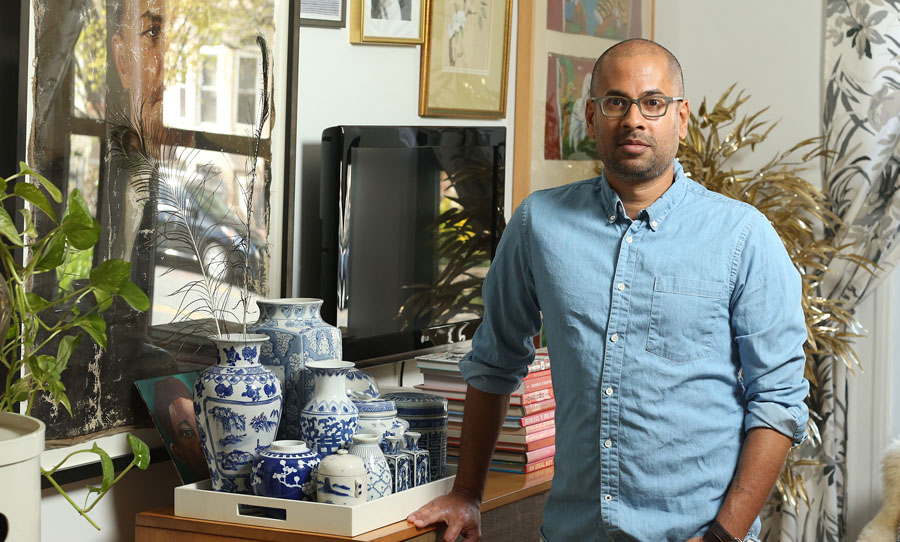
Alam unfolds a story which is all too familiar: the beginnings of a middle-class family holiday with all of the required checklists for time off, a remote private location, a place to indulge in a sense of entitlement, and a swimming pool for the kids. Somewhere beautiful and quiet to escape the noise of their native New York City.
Noise, which Alam artfully depicts, is just under the surface, there all the time: the noise of our own minds — that we don’t really hear until we are put in a position that allows our subconscious to come forth into our consciousness, usually either by way of meditation or in this case, emergency.
Alam has brought out into the open the unconscious undercurrent that is a constant steady hum between us all of different race or belief. And that it is only when we are pushed out of our comfort zones that the mind’s noise really comes to the fore, as it does when Amanda and Clay are presented with strangers knocking at their holiday house door in the middle of the night.
The holiday house is a strong metaphor for how safe we think our lives are — how safe we are in our thoughts, the private worlds that we have created with our partners, and for our children. Cleverly thinking that we know it all, and what it takes to navigate our way through the world safely.
With one knock, Alam manages to disabuse us of this very notion. He highlights what can happen if we don’t fully connect with our fellow man, and that if we keep ourselves separate from the rest of humanity — and indeed the whole world — that it will ultimately be our undoing.
And this he shows through ‘clever (G.H’s character)’ versus ‘intuition (13-year-old Rose)’ and just what happens when you are just a bit too smart for you own good. When you ignore your intuition, when you ignore the Earth’s needs, when there is a too big a focus on money and things, as opposed to inner well-being, not just for you, but for all.
Leave the World Behind calls on you to open your eyes and see how you really relate to the Earth, and to your fellow man, stranger or not. The subtle pacing is powerful and deeply resonates with the pace of our everyday existence. Perfectly capturing what a day of sudden change would really mean.
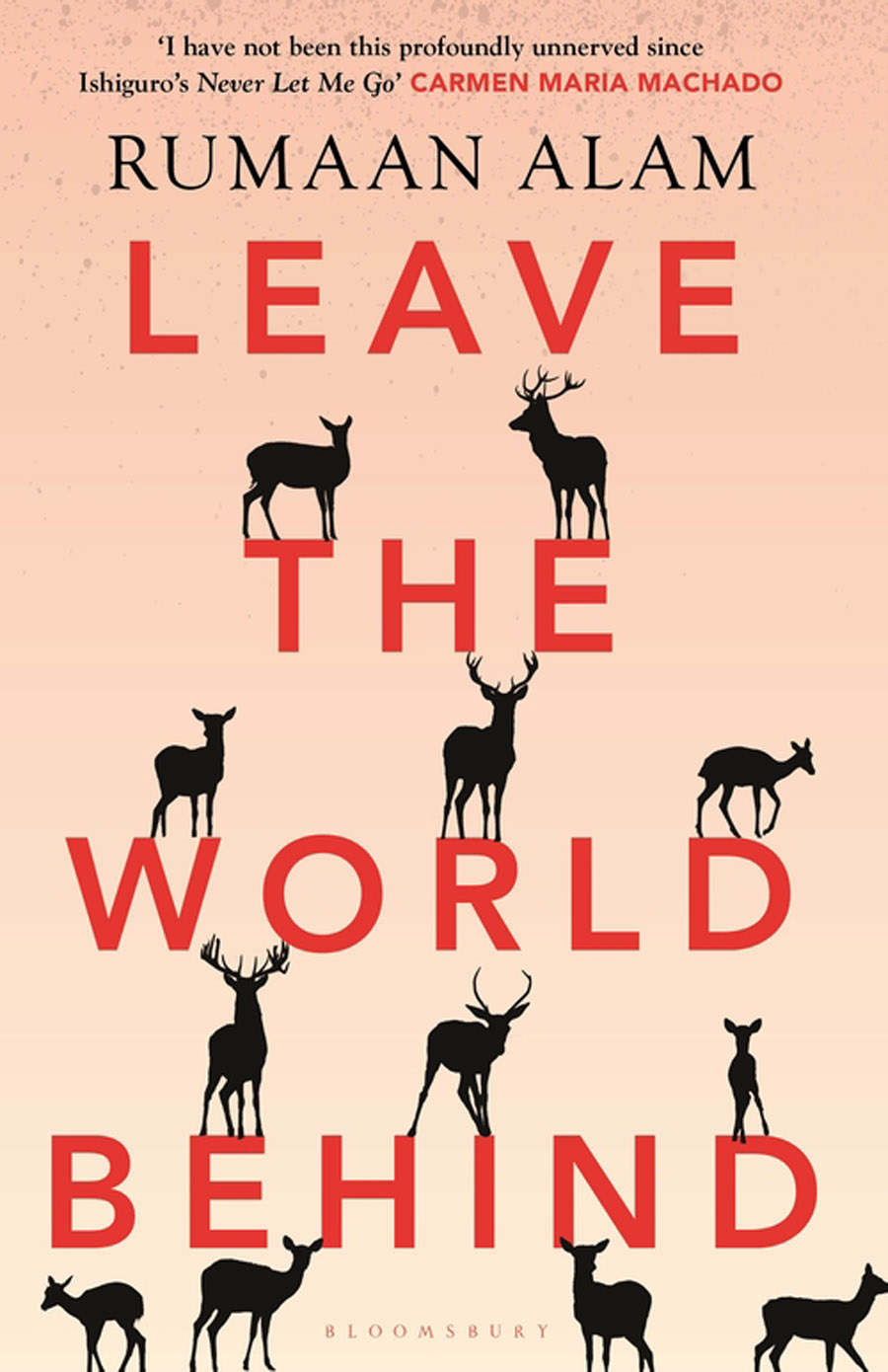
Leave the World Behind is firmly planted in 2020. If you think you have an ordinary safe life, Alam challenges you to think again. He could have pushed the envelope a little harder but the real beauty does lie in its subliminal undertone. He clearly compels you to ask yourself questions along the way. Have I contributed to making the future for our children unsafe? Are our children the ones that will really pay the cost of our ignorance?
Alam doesn’t leave us empty-handed though, he gives us hope in 13-year-old Rose. With Rose there is the way forward, with Rose there is hope.
Alam’s work carries a similar weight of McCarthy’s The Road, lingering long after you’ve put it down. Though less apocalyptic, the themes are the same: morality, selfishness and altruism, and what it is that makes human life meaningful.
Leave the World Behind is out now via Bloomsbury.
